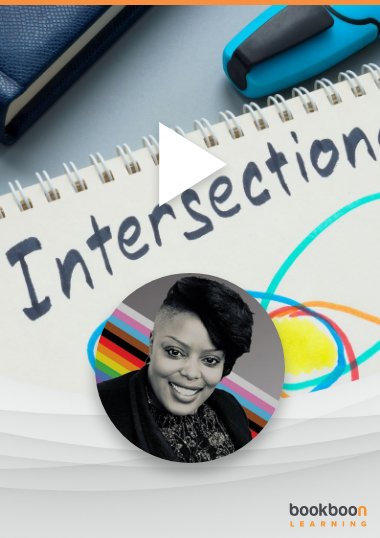“This session will help to raise awareness of intersectionality which will help people to have more empathy, kindness and compassion to others in everyday life therefore creating a more fair and inclusive society”
In our evolving world, the concepts of diversity and inclusion have gained significant attention, but a deeper understanding of intersectionality is crucial for fostering a truly inclusive society. Intersectionality recognises that an individual’s identity is influenced by multiple dimensions such as race, gender, ethnicity, sexual orientation, disability, and socioeconomic status, which interact and intersect to shape their experiences. This session aims to demystify the notion of intersectionality, explore its importance within diversity and inclusion, and provide practical insights to embrace a holistic approach that promotes equality and fairness for all.
Intersectionality acknowledges that people possess overlapping identities and experiences that cannot be understood solely through a single lens. It recognises that discrimination and privilege operate on multiple levels simultaneously, leading to unique challenges faced by individuals who belong to multiple marginalised groups. For example, a black woman might face distinct forms of discrimination due to her race and gender, which differ from the experiences of a white woman or a black man.
Recognising intersectionality is crucial for building inclusive environments because it acknowledges the complexity of human identities and experiences. By understanding how various aspects of an individual’s identity intersect, organisations and communities can better identify and address systemic barriers that different groups face. It enables a more nuanced approach to diversity and inclusion efforts, promoting equal opportunities and equitable outcomes for all individuals.

